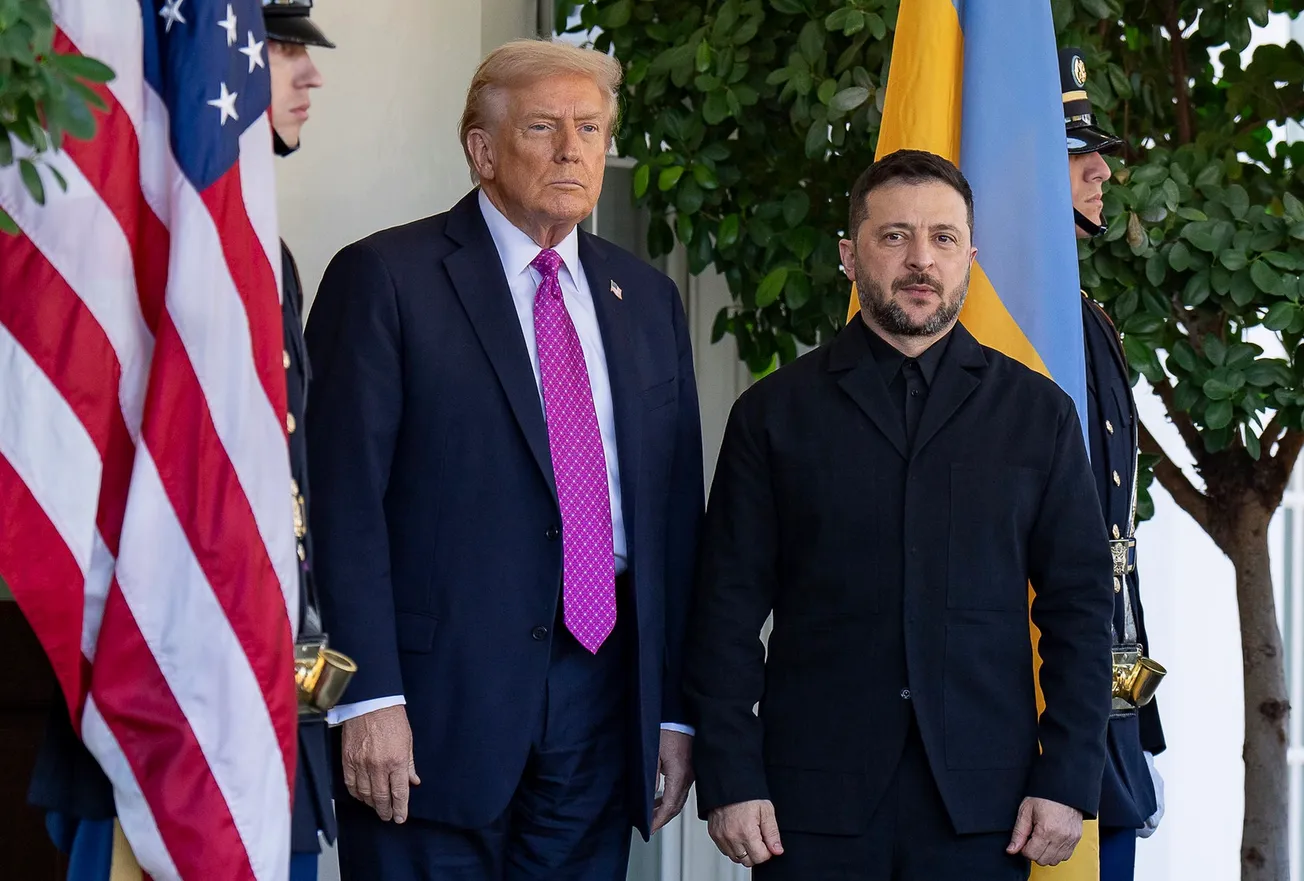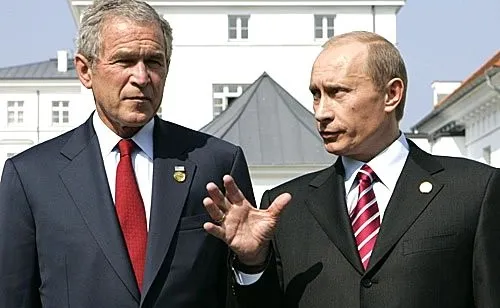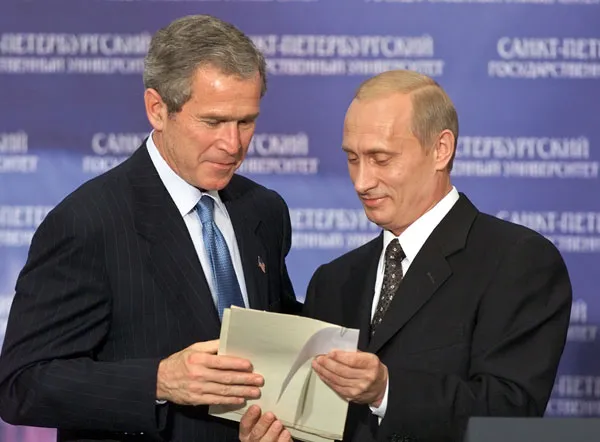Not the outgoing Chancellor of Germany, Angela Merkel, but French President Emmanuel Macron invested more efforts into the dialogue with Russia initiative which both presented to the EU Summit on June 25—which a hardline anti-Russian minority of Poland and the three Baltic states torpedoed.
The initiative was in the making when Macron told the press after the last EU Summit on May 26 that the EU needed a new strategy on Russia because sanctions alone have not changed its behaviour. “With Russia, the policy of progressive sanctions on frozen situations is no longer an effective policy.... I think that we are at a moment of truth in our relationship with Russia, which should lead us to rethink the ... tension that we decide to put in place.”
Responding to press questions on new EU sanctions over Russia’s alleged treatment of Alexey Navalny, Macron stated: “What would you like us to do? Do we start an armed conflict? Do we completely cut off relations? Do we go further with sanctions—but where to?”
The only conclusion from the June 25 EU torpedoing of the Macron-Merkel initiative is that now the two will go it alone and work with Russia, which could prominently involve a new initiative towards the revival of the Minsk format for a Ukraine solution. The problem is that lame duck Merkel may not be counted on too much, as shown by her morning Bundestag speech June 25 which reflected the pro-sanctions aspect more than the commitment to real dialogue with Russia.
But her potential and most likely successor as Chancellor, Christian Democrat Armin Laschet, who is much more open to cooperation to Russia than Merkel, is expected to become more active after the Sept. 26 national elections. A Macron-Laschet team would have the potential of pulling the majority of the EU behind such an initiative—which would fit with the potential new dynamic of the Biden-Putin diplomacy.




